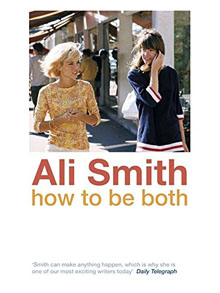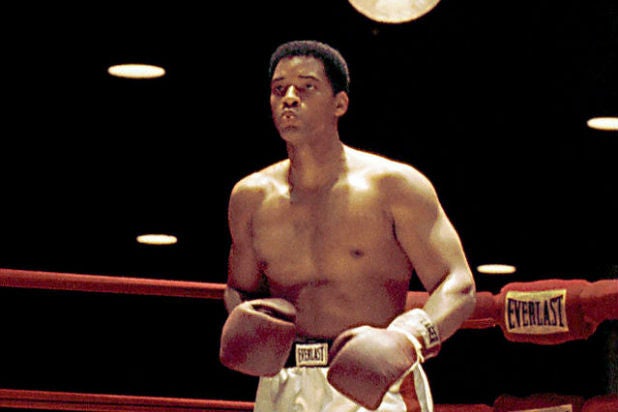

She casts new light on the notion of telling a story by informing us that "to tell" can mean "to express in words, to narrate, to explain, to calculate, to count, to order, to give away secrets, to say goodbye".īarely a page goes by in Public Library without someone mentioning John Milton or quoting Robert Herrick. The narrator of Last is obsessed with etymologies. The stories themselves are a more effective demonstration of the value Smith places on language. The anecdotes are interesting in themselves but collected together they run the risk of worthiness. This space is antithetical to the democratic, messy reality of the local library as celebrated by Smith's friends in anecdotes interspersed throughout the book. It turned out to be a private members' club where any books on show were merely a "feature". Walking through Covent Garden with her editor, she came across a place called "Library". Smith prefaces her 12 stories with a telling anecdote. In the past five years, 337 have closed with more still in danger. Central to her new collection, Public Library And Other Stories, which comes hot on the heels of her triple-award-winning novel How to Be Both (2014), is the profound effect literature can have on our everyday lives, as embodied by the humble library.


Ali Smith might equally claim this as the fiction writer's task. Eliot once wrote that the critic's job was to "exhibit the relations of literature - not to 'life', as something contrasted to literature, but to all the other activities, which, together with literature, are the components of life".


 0 kommentar(er)
0 kommentar(er)
